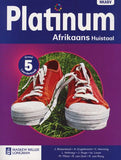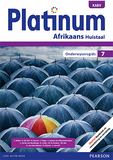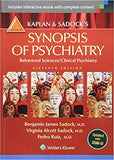
Speech-language therapy in a school context: Principles and practices
This comprehensive textbook explores the implementation of speech-language therapy within educational environments. Designed for practitioners and students, it bridges theoretical foundations with practical applications, addressing assessment protocols, intervention strategies, and collaborative approaches within multidisciplinary school teams. The text examines evidence-based methodologies for supporting diverse communication needs while navigating educational policies and institutional frameworks relevant to South African school contexts.
| ISBN: | 9780627032943 |
| Publisher: | Van Schaik Publishers |
| Variant: | Printed |
| Author(s): | Moonsamy S, Kathard H |
| Edition: | 1st Edition |
| 372 | |
| Published: | 2015 |
Chapters include the following:
- Speech-language therapy in a multicultural context
- Inclusive education in South Africa
- Communication as a critical resource for everyday living, learning and earning
- Institutional language policies: the South African Schools Act
- Multilingualism and primary language impairment
- Ensuring culture-fair assessment and intervention
- Integrated classroom-based speech-language services
- Augmentative and alternative communication (AAC) systems
- Educational psychology in South Africa.
We Also Recommend





